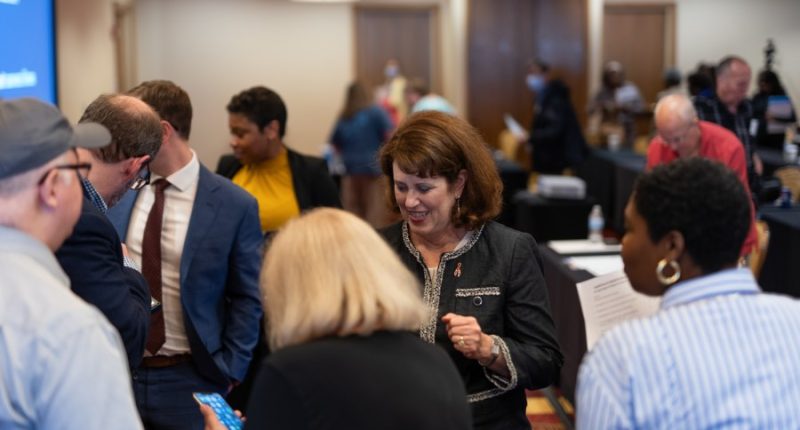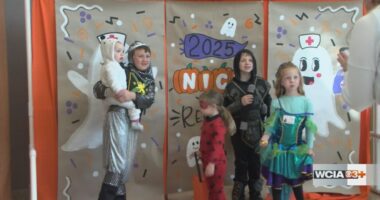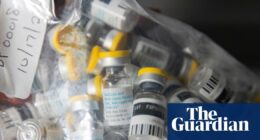Share this @internewscast.com
SANDY, Utah (ABC4) A mom who fought, and won, a 15-year fight with blood cancer, created a nonprofit to ensure others battling cancer have a fighting chance, too.
Jenny Ahlstrom, 57, was diagnosed with multiple myeloma, a form of blood cancer, in 2010. Following her diagnosis, she was presented with a lot of options for treatment.
“It’s really hard to figure out, as a patient, what to do,” Ahlstrom told KTVX. “I was looking for strategies where I could get treated and not have to be treated for a long time.”
A turning point in Ahlstrom’s battle was receiving a specialized form of immunotherapy known as CAR-T during clinical trials. The treatment, much like dialysis, included the removal of her blood cells, changing them in a lab, then infusing the cells back into her through an IV drip.
“Taking care of Jenny and taking care of her family… has just been remarkable,” Ahlstrom’s doctor, Doug Sborov, said.
According to Sborov, an Associate Professor at the University of Utah’s Huntsman Cancer Institute, multiple myeloma is generally considered to be “incurable.” However, with new research and medications, like CAR-T, physicians can drastically lengthen patients’ lives and improve their quality of life.
“Here I am, three years later, completely disease free,” Ahlstrom said.
“She’s provided patients an incredible opportunity to be educated. She’s provided researchers, like myself, an incredible opportunity to engage with patients and really fundamentally change how we’re approaching how we take care of these folks,” Sborov told KTVX.



Jenny Ahlstrom raises awareness about available resources for blood cancer patients. (Courtesy: Jenny Ahlstrom)
Now, Ahlstrom leads a nonprofit called the Healthtree Foundation that raises awareness and increases access to vital data for researchers.
“If we’re going to make advances in healthcare, we need to leapfrog forward in innovation,” Ahlstrom said.
Ahlstrom says there are about 35,000 new diagnoses of myeloma every year and 150,000 living patients with myeloma.
“It’s really amazing to bring these new types of therapy to these patients,” Ahlstrom said. “It’s available and it’s here.”
















